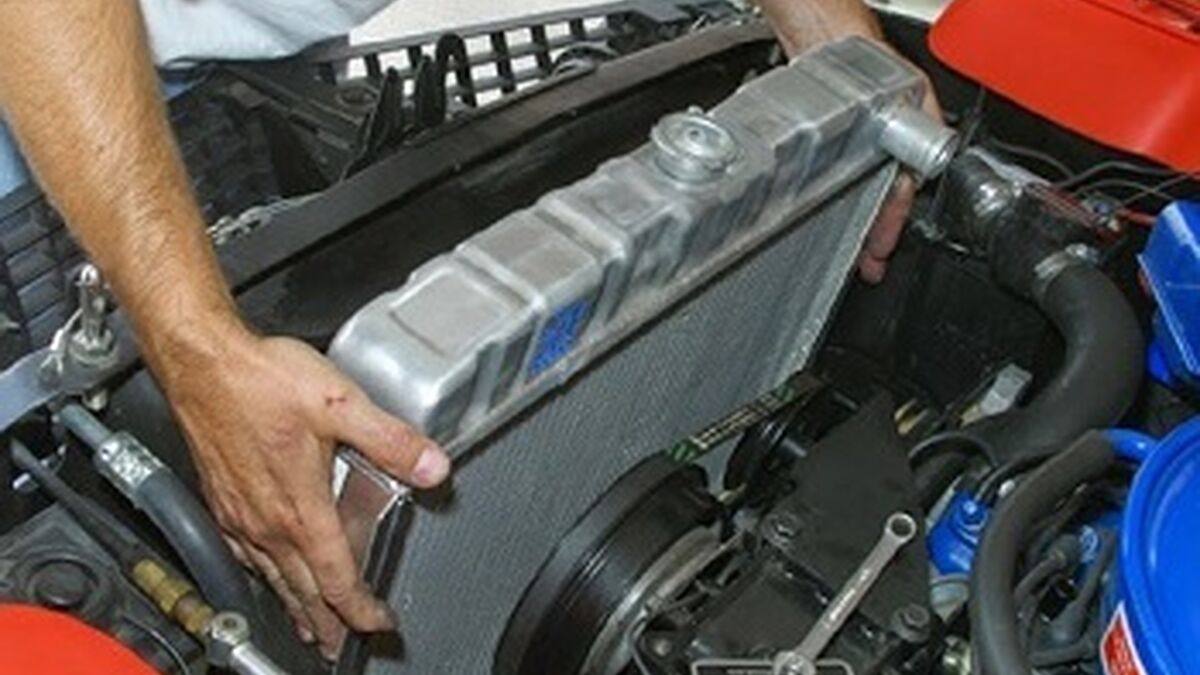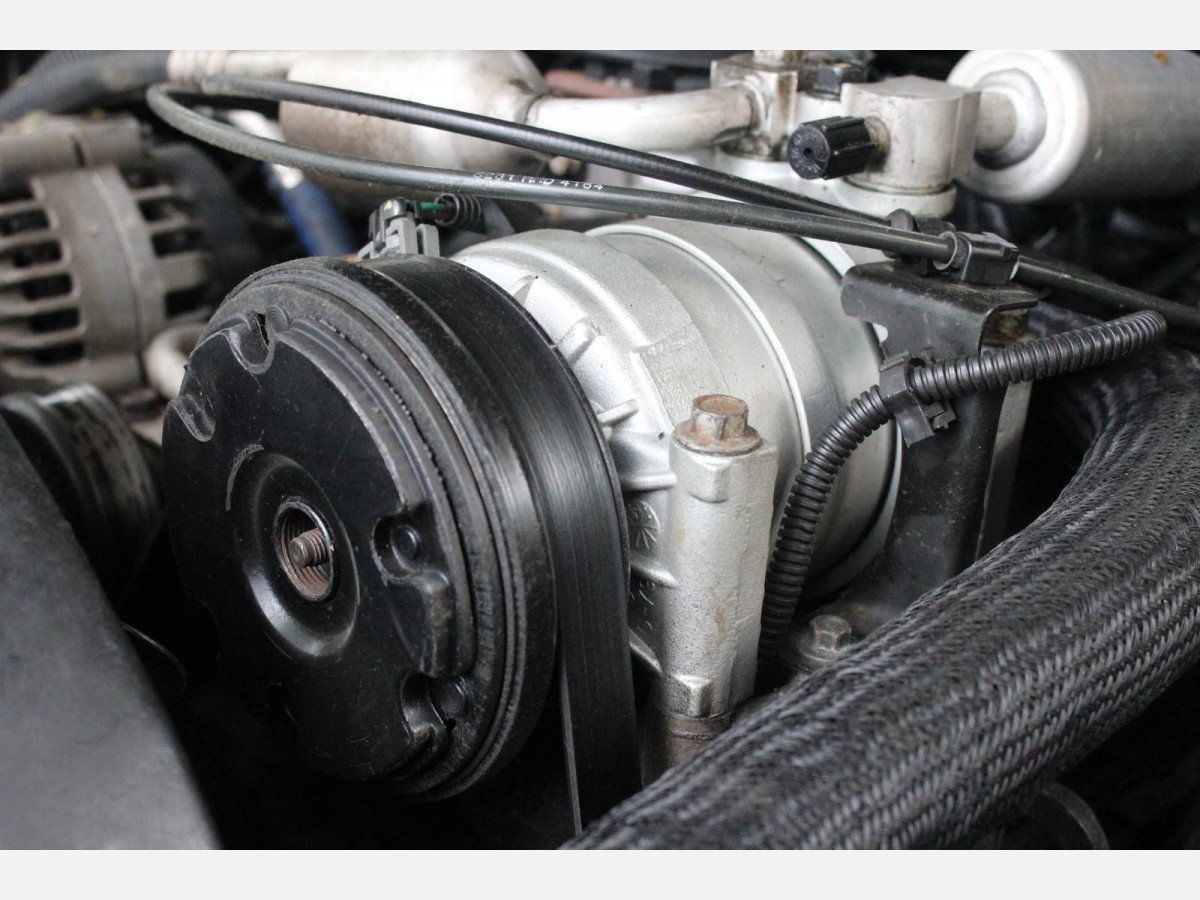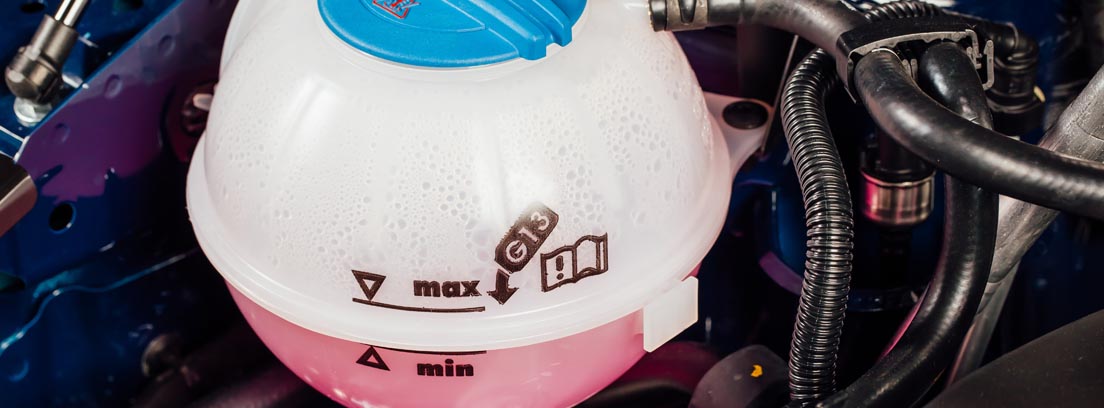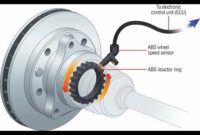
if you want to know why does your car heat up When turning on the air conditioning, be sure to read this note, where we indicate the possible problems.
Why does the car get hot when the air conditioning is turned on?
When a car engine overheats it is very damaging to the vehicle. It is a situation that must be prevented, but… What to do when the car heats up when you turn on the air conditioning?
See also: Why does my car get hot when I go slowly?
The main thing is to find out the origin of the problem that is affecting the correct operation of the engine.
Causes of car overheating when the air conditioner is on
If the vehicle only overheats when the air conditioning is on, the load on the engine may be quite high. There may be mechanical issues, such as a failed condenser, overloaded compressor, temperature sensor, or faulty fan. Or it could just be an incompetent AC system.
Below we detail the possible problems when the car overheats if the air conditioning is on:
1. Increased engine load

Your car engine can only be activated up to a certain point. If you are pushing your vehicle beyond its limits, the engine may start to overheat. Running the air conditioning increases the load that is put on the engine. If you are towing heavy loads up steep grades, the temperature may rise even more slowly.
If mechanical faults are ruled out, you may want to take a look at how you’re using your car. You may be asking too much of the vehicle you own.
2. Condenser installed in front of the radiator

With the condenser facing the radiator, cold air can be directed away from where it needs to go. Without enough cool air in the radiator, it is much more difficult to keep the engine temperature down.
Capacitor failure is possible. Dirt and contaminants accumulate on the condenser fins, which become clogged and therefore heat transfer does not occur efficiently.
3. Incompetent cooling system

If there is no problem with the condenser, you may just be dealing with an incompetent cooling system. We can blame a faulty water pump. If the water pump stops working properly, the heat cannot be dissipated as it should.
It may happen that there is not enough refrigerant in the tank for a correct cooling function. In other circumstances, the lack of AC refrigerant could be putting more pressure on the system than is required.
4. A/C Compressor Overloaded
 When the air conditioning is on, the compressor puts an extra load on the engine. If you watch your RPM when you turn on the air conditioner you will notice this.
When the air conditioning is on, the compressor puts an extra load on the engine. If you watch your RPM when you turn on the air conditioner you will notice this.
If the compressor seizes or the accessory belt stops turning, there is a fault that could possibly overheat your car’s engine.
5. Bad radiator fan
The cooling fan is useful in keeping the engine temperature low. If the cooling fan fails, the engine will overheat. However, you may not be aware of it when driving on the highway because the speed of the vehicle allows airflow.
This will become more apparent if your car is stuck in slow moving traffic.
6. Faulty Engine Coolant Temperature Sensor
The engine coolant temperature sensor is responsible for informing the control module when it is optimal to turn on the cooling fans. If this fails, the motor could overheat.
When the temperature sensor is not sending the proper signal, the coolant is not flowing as it should. This gets worse if the air conditioning is on.
How to fix a car that overheats when the air conditioning is on
When the vehicle begins to overheat, the problem should be diagnosed immediately. It is important to prevent the motor from overheating because the damage can be permanent. Here are the steps to keep in mind:
1. Check the coolant level

Before taking larger steps, start with the coolant level. You will most likely need to add a little more to the container.
- You should check the coolant when the car is cold. Hot liquid is pressurized and can cause irreversible damage.
- Locate the coolant reservoir. It is located under the hood, usually on the front or side of the hood.
- If the tank is transparent, you will be able to see the levels on the side. There should be a “Cold” and “Hot” line printed on the side.
- With a cold engine, the fluid should reach the Cold line. If not, you will need to add more coolant.
- Remove the cap and add the proper antifreeze mixture for your car.
If the coolant level is low, you will need to check the system for leaks. Gaskets, seals, and hoses can wear out over time, allowing fluid seepage. Before adding more fluid you must repair any leaks.
2. Make sure the radiator and condenser are not damaged

If you wish to carry out a verification of the radiator and condenser, we leave you the steps to follow:
- Use a flashlight. It may be dark near the radiator tank.
- Inspect the radiator and condenser for wet spots, which will indicate leaks.
- Observe the radiator core for signs of leaks.
- Inspect the upper and lower hose clamps on the radiator. Tighten them if necessary.
- Check the radiator and condenser fins and make sure they are not clogged or show damage.
- Open the oil dipstick to check for engine coolant leaks.
If there is damage with leaks you should repair it immediately.
4. Fill and diagnose the AC system
If the problem is a lack of AC refrigerant, fill it up. The AC system must function properly to minimize the load on the motor.
5. Connect an OBD scanner
If any warning lights on the dash are on, your code scanner can help you figure out the problem. connect your obdii scanner compatible in the port under the steering wheel.
It will display a code or codes that can be used to tell the fault. Check the information you receive with an online trouble code library to help you troubleshoot.




